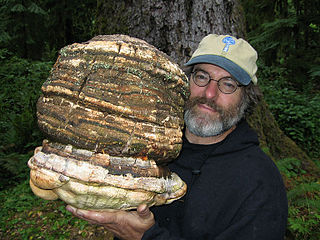A Quote by Thomas Brooks
Ambition is a gilded misery, a secret poison, a hidden plague, the engineer of deceit, the mother of hypocrisy, the parent of envy, the original of vices, the moth of holiness, the blinder of hearts, turning medicines into maladies, and remedies into diseases.
Related Quotes
An envious man waxeth lean with the fatness of his neighbors. Envy is the daughter of pride, the author of murder and revenge, the beginner of secret sedition and the perpetual tormentor of virtue. Envy is the filthy slime of the soul; a venom, a poison, or quicksilver which consumeth the flesh and drieth up the marrow of the bones.
What would happen to a body that was starved, suffocated and then forced to drink poison? It would first suffer and then die an agonizing death. We willingly starve and suffocate our hearts by turning away form the remembrance of God. And then we poison our hearts through the bad company we keep, the garbage that goes into our eyes and ears, and emanates from our tongue...
And then we wonder why our heart feels dead.
Envy, envy eats them alive. If you had money, they’d envy you that. But since you don’t, they envy you for having such a good, bright, loving daughter. They envy you for just being a happy man. They envy you for not envying them. One of the greatest sorrows of human existence is that some people aren’t happy merely to be alive but find their happiness only in the misery of others.
The hope for the twentieth century rests on recognition that war and depression are man-made, and needless. They can be avoided in the future by turning from the nineteenth-century characteristics just mentioned (materialism, selfishness, false values, hypocrisy, and secret vices) and going back to other characteristics that our Western Society has always regarded as virtues: generosity, compassion, cooperation, rationality, and foresight, and finding a increased role in human life for love, spirituality, charity, and self discipline.
This fine young man had all the inclination to be a profligate of the first water, and only lacked the one good trait in the common catalogue of debauched vices - open-handedness - to be a notable vagabond. But there his griping and penurious habits stepped in; and as one poison will sometimes neutralise another, when wholesome remedies would not avail, so he was restrained by a bad passion from quaffing his full measure of evil, when virtue might have sought to hold him back in vain.
The moth don't care when he sees the flame
He might get burned, but he's in the game
And once he's in, he can't go back
He'll beat his wings till he burns them black
No, the moth don't care when he sees the flame
The moth don't care if the flame is real
'Cause flame and moth got a sweetheart deal
And nothing fuels a good flirtation
Like need and anger and desperation
No, the moth don't care if the flame is real.


































